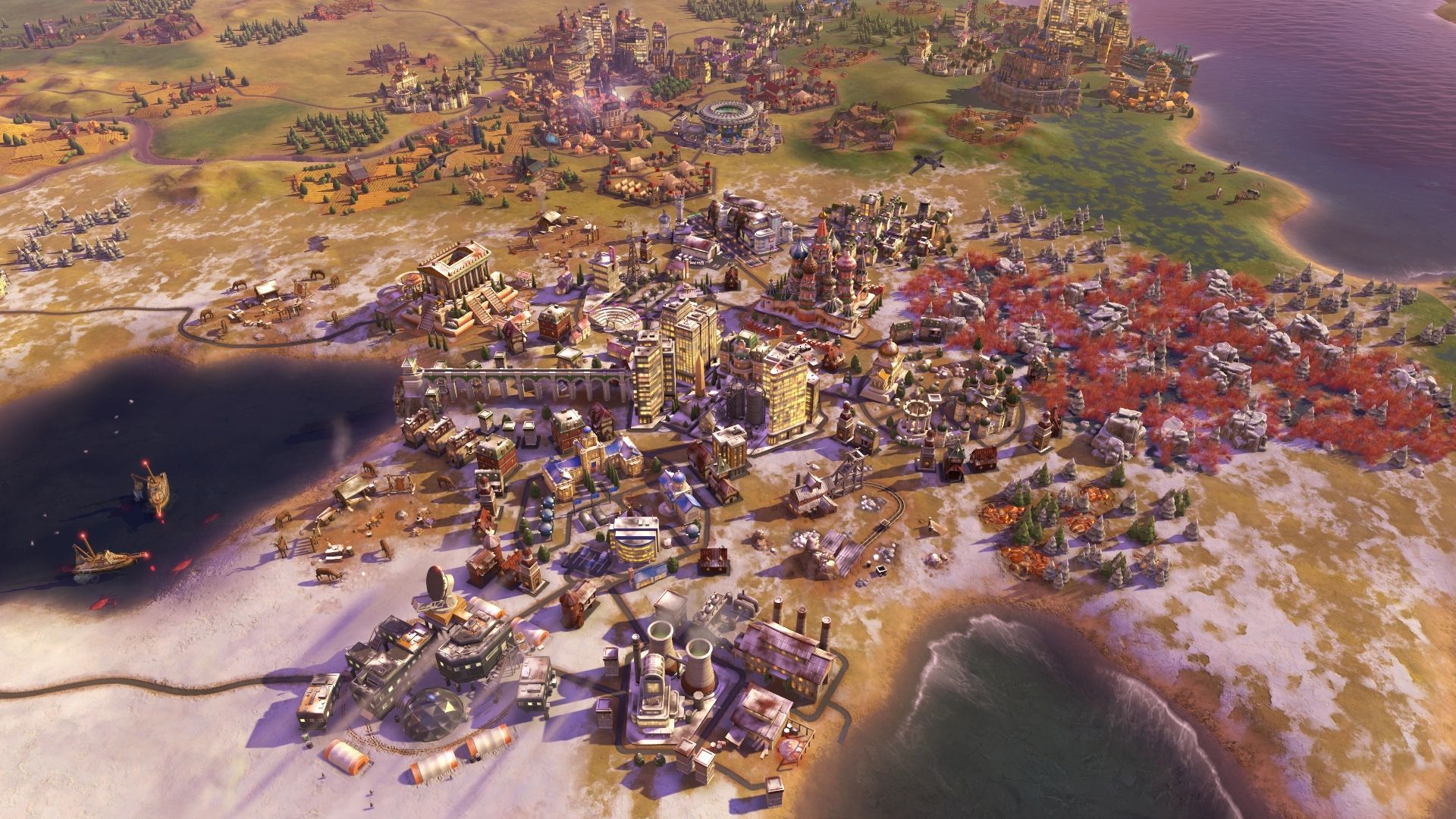
The Junta received support only from a handful religion-based local parties and religious fundamentalists. However, in an attempt to crush this nationalistic movement, the Pakistani Military Junta unleashed a systematic genocide against the Bengali people on the fateful night of March 25, 1971. In the first-ever national Parliamentary elections held in 1970 based on a one man-one vote basis, the Bengali nationalist forces led by Bangabandhu Sheikh Mujibur Rahman won landslide victory and his party, the Awami League became the majority party of Pakistan as a whole, and in accordance with democratic norms, was expected to form the new government. The Pakistani ruling elite controlled by the military elite subjugated the Bengalis politically, culturally and economically and therefore the disillusionment with the new nation was not surprising. Pakistan therefore, was an unrealistic and a dysfunctional state from the very beginning. The Province of East Pakistan was physically separated from West Pakistan by a thousand miles. This unnatural separation of the Bengali society on the basis of religion created deep fissures in a society – which had hitherto had a pluralistic character. Pakistan was created as a separate homeland for Muslims. Hindu-Muslim communal tensions fanned by the British colonial rulers to perpetuate their hold on India had led to the partition of India in 1947. The struggle turned into an armed conflict following the genocide unleashed by the military rulers of Islamic Republic of Pakistan and culminated with the emergence of Bangladesh as a secular, democratic state in December 1971. It commemorates the heroic struggle of the Bengali nation for their democratic and national rights.

The Liberation War Museum in Dhaka, Bangladesh was established in 1996. Evolution of fundamental Principles of 1972.


 0 kommentar(er)
0 kommentar(er)
